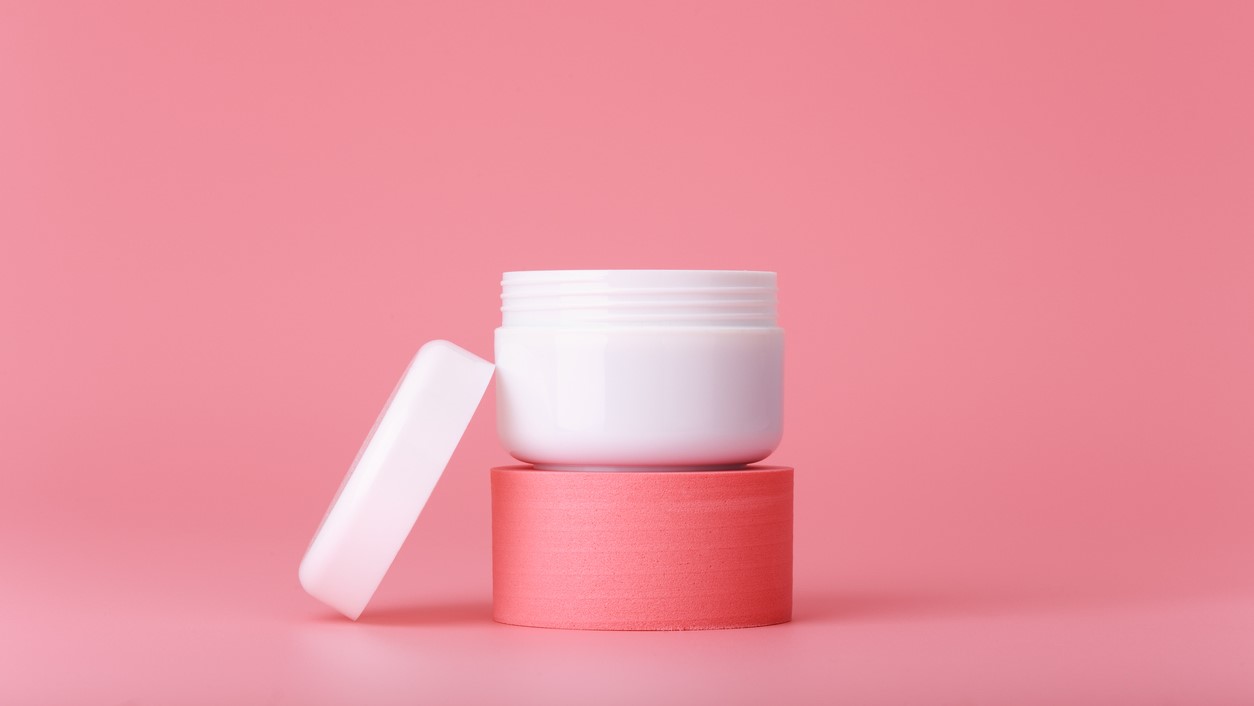Dry or itchy skin? Nails brittle? Losing hair?
Learn more about skin changes in menopause

Many women associate menopause with hot flashes and sleep disturbance, but there are also big changes to skin, hair and nails. To learn more about what those changes can look like, as well as options for treatment, we spoke with Erin Foster, M.D., Ph.D, a dermatologist at OHSU who specializes in women’s dermatology.
“The first thing that happens is that people notice is that our skin dries out,” says Dr. Foster. Patients will likely experience these changes as dry or itchy skin. The first step is to use a thick replacement moisturizer.
“Use the kind you scoop out,” says Dr. Foster, “Pump lotions evaporate off the skin, because the first ingredient is water, so use a thick cream or ointment, instead.” She also recommends to keep the skin from drying out by using less soap, or a non-soap cleanser, or even just using water.
Loss of collagen can be noticeable as more wrinkles appear. Retinoids, a class of chemicals derived from vitamin A, can be helpful for this. Over the counter options include retinol-based creams and gels, or a provider may recommend Retin-A, available only by prescription. Dr. Foster cautions that many commercial beauty products with retinol are not effective, and it can be challenging to know the difference. When in doubt, ask a dermatologist for guidance.
Along with these skin changes, menopausal women may notice that wound healing is slower. Because estrogen plays a role in activating the cells that repair wounds, it can take extra time for skin to heal. Nails may also become brittle and break more easily.
Alongside these skin and nail changes, some women may also experience hair loss. Menopausal hair loss usually shows up as a widening in the center part and hair loss near the temples. If this becomes significant, over the counter 5% Rogaine (or minoxidil) can help slow down or stop hair loss. The catch to this treatment is that it is for life!
While some women may turn to hormone therapy for systemic symptoms of menopause, that is a conversation generally held with a primary care provider. For dermatological conditions, Dr. Foster sticks to topical hormonal creams, which can be particularly helpful for vulvar conditions, such as lichen sclerosus or lichen planus.
Of course, Dr. Foster adds to the line-up of recommendations to embrace standard aspects of an overall healthy lifestyle. “Eat a balanced diet, drink water, get exercise,” she says, “And sun protection is huge. Sun damage hurts the skin, and women are at a much higher risk of skin cancer after menopause because of cumulative sun exposure over the years. Remember your sunscreen, hats, and protection when it’s sunny outside.”